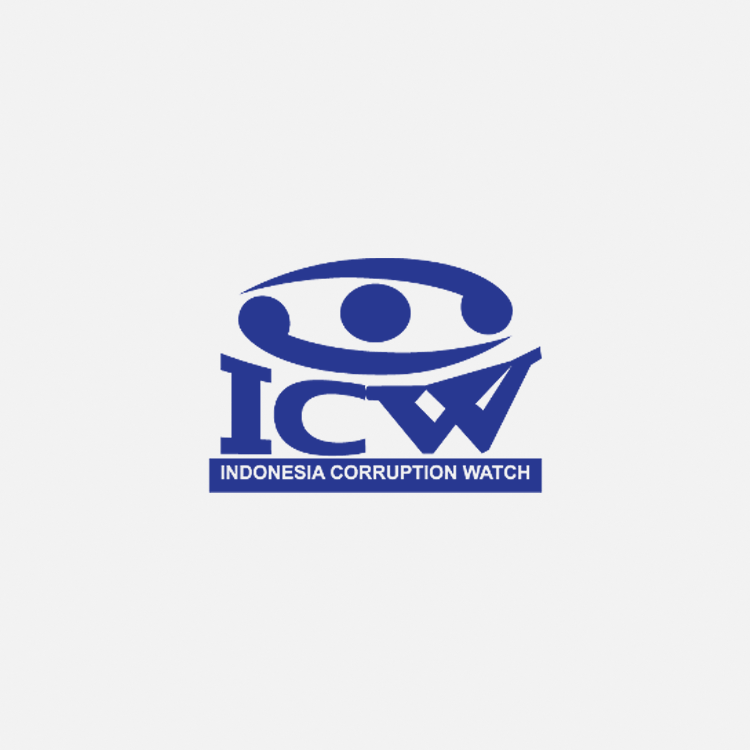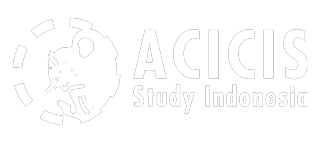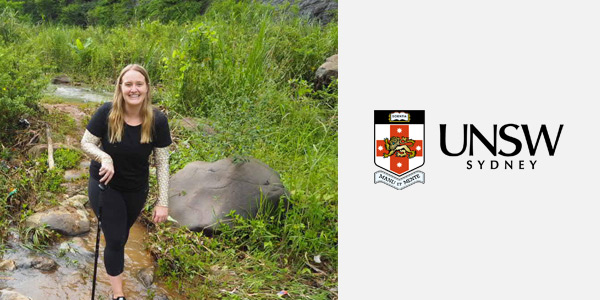
About ICW
Initiated in June 1998 by a number of concerned lawyers and NGO-activists, ICW strives for supporting the creation of a clean bureaucracy, politics and economic system. To achieve this goal the following objectives were formulated:
- to raise public awareness of the right to adequate public services and access to information
- to introduce concepts of public service and business ethics among the professional community
- to contribute to a legal and institutional reform process aimed at the eradication of corruption
- to build the capacity of civil society to control the public decision-making process
- to investigate and disclose corruption practices and campaign for a stigmatisation of business people, officials, and politicians involved in corruption
- to help institutionalize a social movement in corruption eradication as a part of the democratisation movement.
A broad scale of activities were designed including facilitating public inquiries, mass media campaigns, the organisation of workshops for the public or specific target audiences, training, research and investigations, and legal drafting. ICW intends to mobilise the numerous anti-corruption groups into a national corruption watch network. Its efforts to pressure the government to establish an independent anti-corruption commission with the power of subpoena, to investigate past and present corruption practices, provide protection to witnesses, recommend prosecution and make its recommendations public came into realization on 27 December 2002. A state Commission to Combat Corruption (KPK) was established based on a national legislation. After the establishment of KPK, ICW shifted its attention to a more recent corruption practices such as corrupt practices in the extractive industry and stock exchange.
Key ICW programs are:
- Public Service Monitoring: This program focuses on the fields of education and health. ICW continues to push the government to realise the 20% allocation of the national budget for education, maintains a hotline for parents to address complaints, raises corruption cases at school levels, arranges training programs, and monitors public expenditure of HAJI pilgrimage funds.
- HMP Judicial Monitoring: This program supports the work of the Tipikor Anti-corruption court, assists in the drafting of KPK law and other support for the organisation, monitors illegal logging and forestry cases, researches loopholes in oil and gas regulations and is establishing transparency initiatives.
- Political Corruption: This program monitors parliament and is active in monitoring candidate regulations and logistics in parliamentary and presidential elections at regional levels.
- Special Investigative Division: This is a special program that focuses on various sensitive and high profile issues, investigates corruption claims, and submits new cases. The program also manages a hotline for public complaints.
- PUSDATA: Centre for Data Analysis (new division) focusing on data for oil and gas revenue (last year Rp. 13 billion in losses) and looking at audit reports.
ICW has a lot of donors that are NGOs as well as UsAID, AusAID, LDF and Tipikor. ICW is currently working with UI to make a knowledge based centre to make it easier for students and new programs that focus on anti-corruption. ICW also conducts training for NGO staff at the local level via a system where ICW staff are sent out to regional sites for a short period of time.
Requirements
Good Bahasa Indonesia language skills.
Intern Duties (Example)
Data collection, analysis, presentation, setup recommendation, writing report
Work Hours
ICW operates 24hrs a day with workers frequently burning the midnight oil. Interns will be on a typical Monday to Friday from 9 am to 5 pm.
Dress Code
Casual attire (e.g. Polo/t-shirt, jeans, cargo shorts, sports shoes or sandals)
Location
Jl. Kalibata Timur IV/D No. 6 Pancoran
Jakarta Selatan. Kode Pos 12740
Jakartam Indonesia
Student Profiles
Grace James was a participant in the 2020 Law Professional Practicum from UNSW. Grace is studying a Bachelor of Laws, Bachelor of Arts. She received a $3,000 New Colombo Plan Mobility Grant to support her participation in this program. Read more here.

